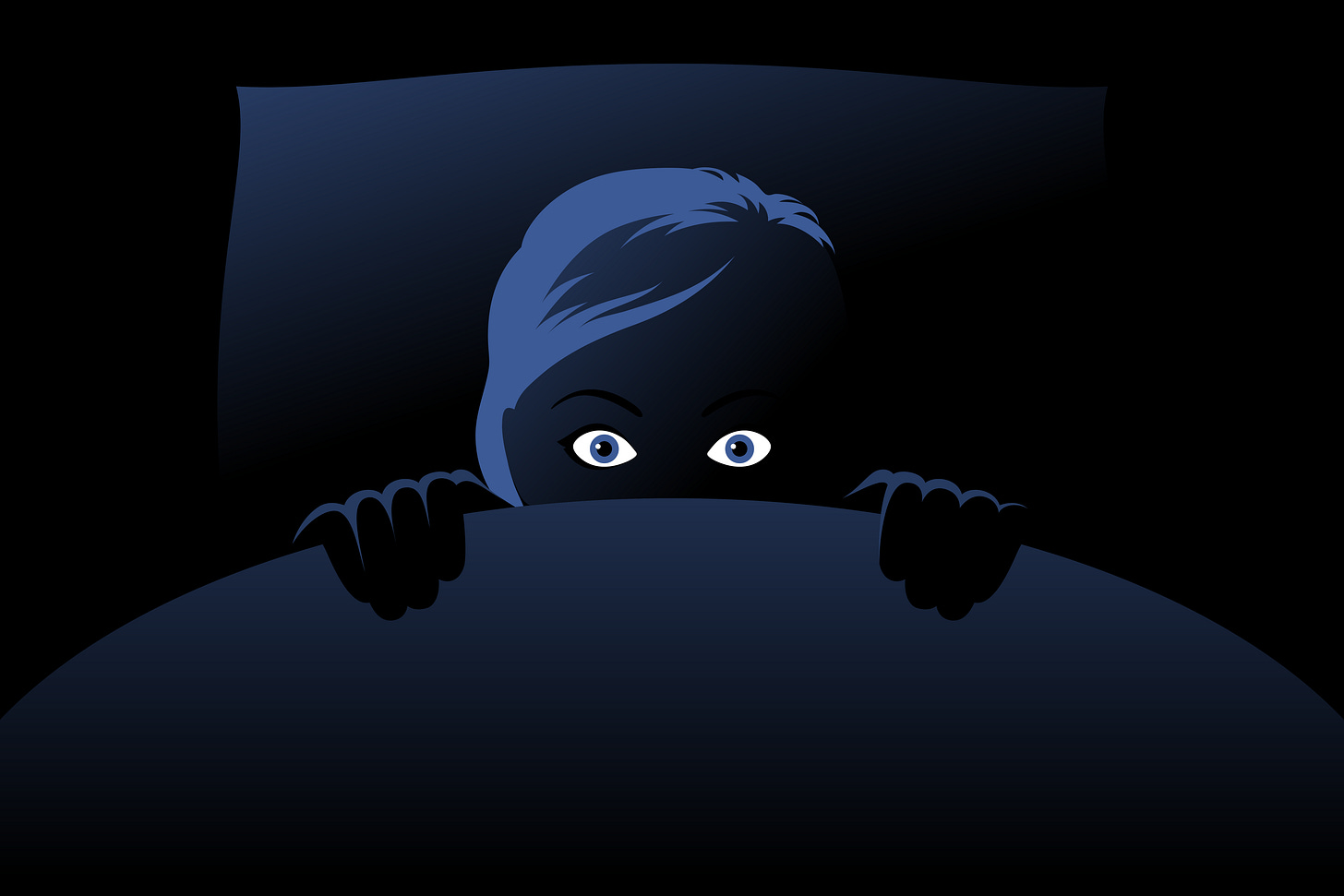Why Fear Governs So Many of the Choices Single Young Women Make
Feelings of anxiety and insecurity are influencing decisions about politics, dating, marriage and parenthood
Happy Thanksgiving to you all! I’ll share more reflections on the year in a subsequent newsletter, but it’s been a great year for which I’m very grateful. I appreciate the thoughtful comments, critiques, and questions. Thanks for reading and for your support!
Donald Trump won the 2024 presidential election decisively. He improved among most voting groups…
Keep reading with a 7-day free trial
Subscribe to American Storylines to keep reading this post and get 7 days of free access to the full post archives.




